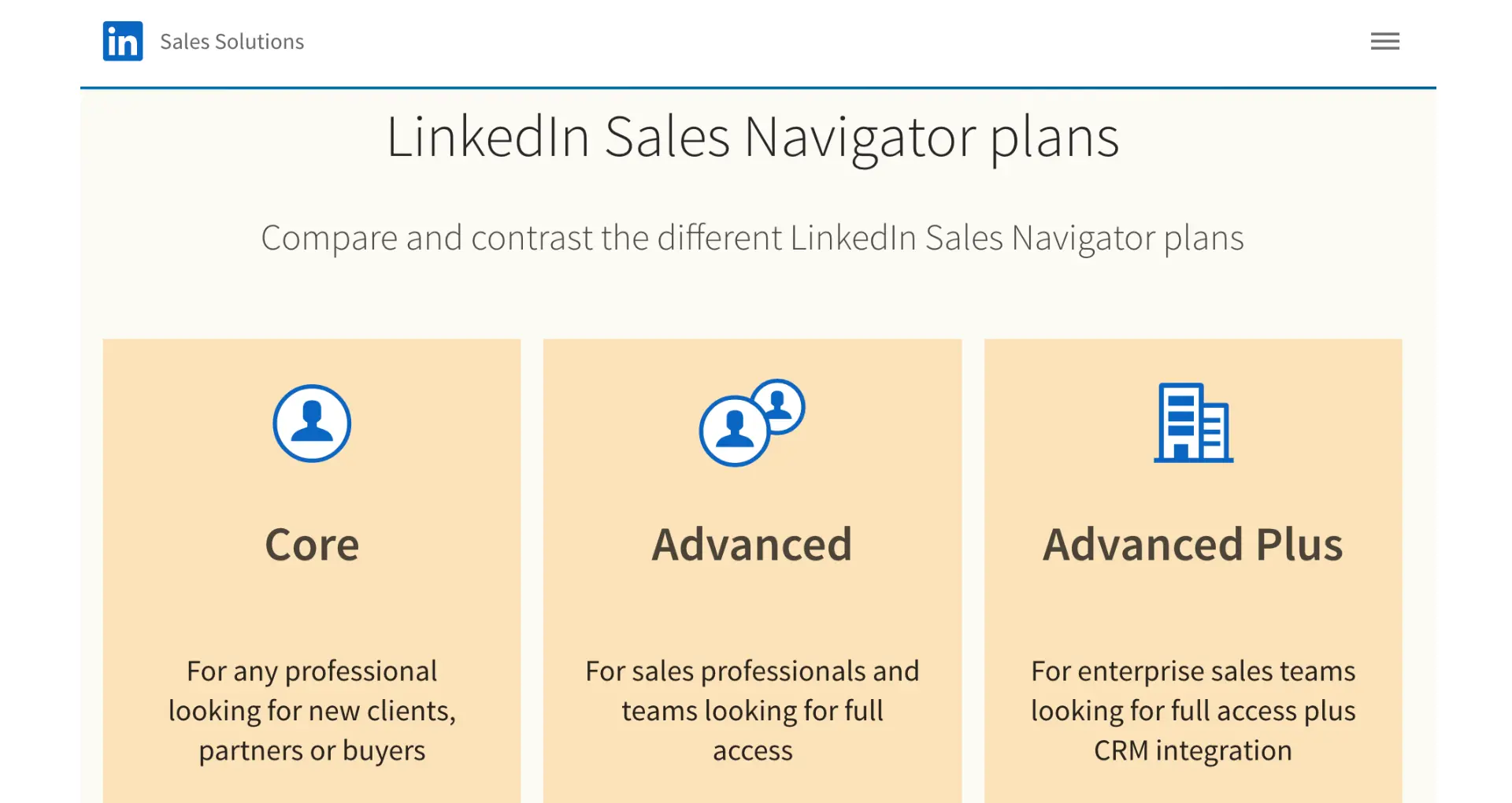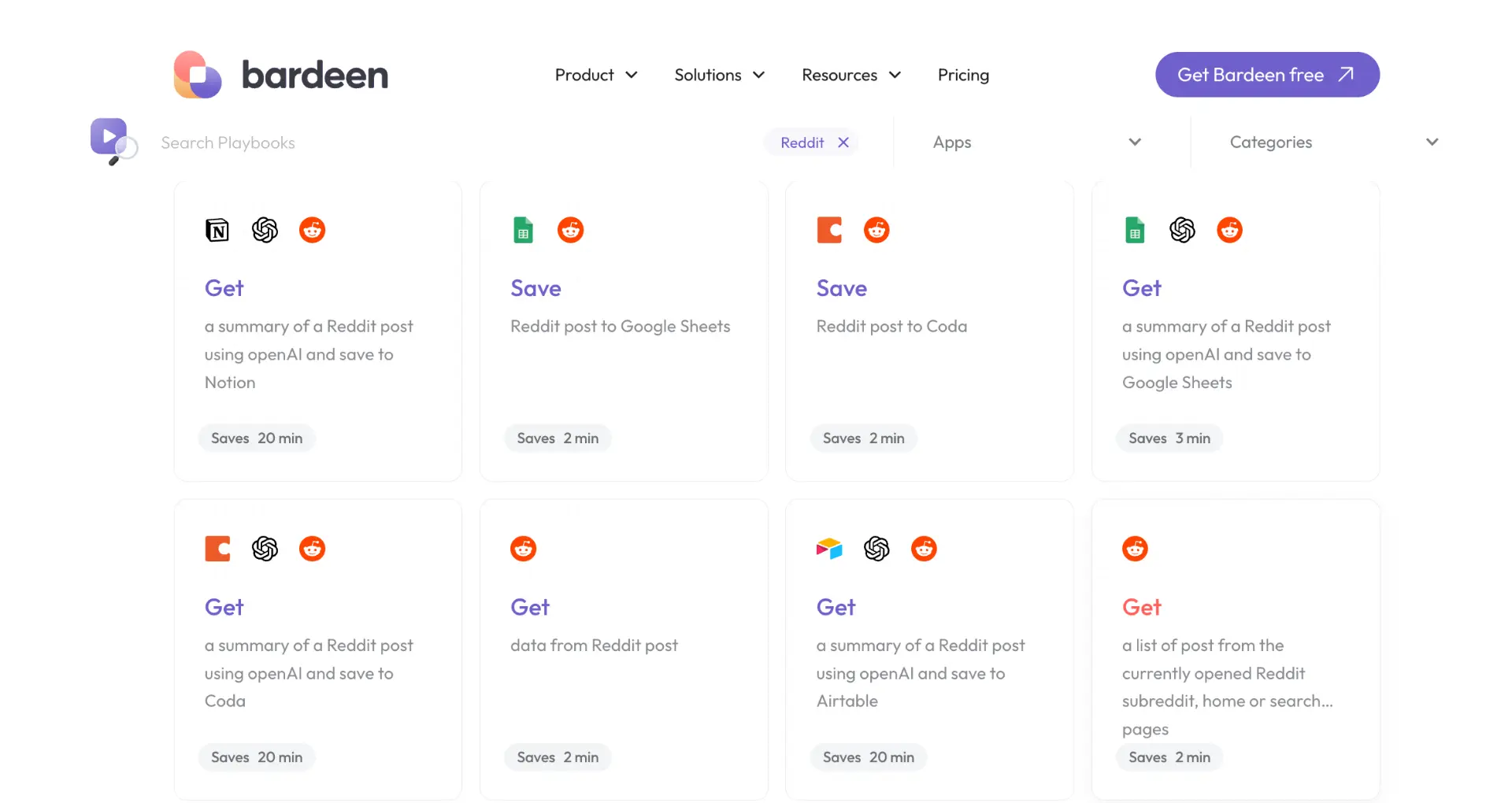





DocuSign reminders are a game-changer for getting contracts signed faster. Imagine closing deals 2x quicker without manually chasing signatures. In this complete guide, you'll discover the optimal reminder frequency to skyrocket completion rates.
We'll explore customizing reminders at the envelope, template, and company level. Plus, uncover best practices to combine reminders with expiration dates for maximum urgency. Get ready to master DocuSign reminders and watch your productivity soar!
DocuSign's reminder settings are a crucial aspect of the platform that helps ensure documents are signed in a timely manner. By configuring reminders at various levels, you can integrate Google Drive and keep your agreements moving forward. Let's take a closer look at how reminders work in DocuSign.
DocuSign reminders are automated notifications sent to recipients to prompt them to sign or complete an agreement. These reminders are highly useful in keeping the signing process on track and ensuring that important documents don't fall through the cracks. For example, if you send a contract to a client for signature, setting up reminders will automatically notify them at predetermined intervals until they sign the document.
DocuSign allows you to configure reminder settings at three different levels:
This hierarchical approach to reminder configuration gives you the control to tailor settings based on your organization's needs and specific document requirements.
By default, DocuSign sends reminders to recipients every 3 days until the document is signed or the envelope expires. However, these default settings can be modified to suit your preferences. You can adjust the frequency of reminders, choosing to send them daily, every other day, weekly, or at a custom interval that works best for your workflow.
When working with DocuSign reminders, it's important to understand a few key terms:
Familiarizing yourself with these terms will help you navigate DocuSign's reminder settings more effectively.
DocuSign's reminder settings provide a powerful tool for keeping your agreements on track. By understanding the different configuration levels, default settings, and key terms, you can optimize your document signing process and ensure timely completion.
Next, we'll explore how you can customize DocuSign's reminder frequency to perfectly align with your unique business needs and workflows.
Tailoring DocuSign's reminder frequency is crucial for optimizing your document signing workflow. By adjusting settings at the envelope level, considering factors like recipient responsiveness and document urgency, and crafting effective reminder messages, you can find the perfect balance that keeps your agreements moving forward without overwhelming signers. Let's explore how to customize DocuSign reminders to fit your unique needs.
DocuSign allows you to modify reminder settings for each envelope you send, giving you the flexibility to adapt to different situations. To change the reminder frequency:
By customizing reminders at the envelope level, you can ensure that each agreement receives the appropriate level of follow-up based on its specific requirements and timeline. Check out Bardeen's Message Generator to automate personalized reminder messages.
When deciding on the optimal reminder frequency for an envelope, consider the following factors:
By weighing these factors, you can strike the right balance between keeping signers on track and avoiding unnecessary interruptions.
While DocuSign provides flexibility in setting reminder frequency, there are some limitations to keep in mind:
Understanding these limitations will help you set realistic expectations and plan your reminder strategy accordingly.
In addition to setting the frequency, you can also customize the content of your reminder messages to make them more impactful. Consider the following tips:
By crafting clear, persuasive reminder messages, you can motivate signers to complete their actions promptly without causing undue stress or frustration.
Maximize your efficiency by using automating follow-ups with Bardeen. Save time and focus on high-value tasks.
Customizing DocuSign reminder frequency empowers you to optimize your document signing process, reducing completion times and minimizing the need for manual follow-up. By finding the ideal balance of frequency and message content, you can keep your agreements on track while maintaining positive relationships with signers.
Up next, we'll dive into how leveraging DocuSign reminders can significantly boost your completion rates and take your agreement workflow to the next level. Get ready to discover the secrets of automating follow-ups!
DocuSign reminders are a powerful tool for keeping your document signing process on track. By understanding how reminders impact completion rates, implementing best practices, and combining reminders with other features like expiration dates, you can significantly improve the efficiency of your agreement workflow. Let's explore how to make the most of DocuSign reminders to drive better results.
Studies have shown that sending reminders can dramatically increase the likelihood of recipients completing their required actions. For example, a company that implemented DocuSign reminders saw a 30% increase in document completion rates within the first week of sending.
This improvement can be attributed to several factors:
By leveraging the power of reminders, you can keep your agreements moving forward and avoid unnecessary delays.
To maximize the impact of your DocuSign reminders, consider the following best practices:
By following these best practices, you can craft reminders that effectively motivate signers to take action without causing frustration or disengagement.
In addition to sending reminders, setting expiration dates for your envelopes can further increase the sense of urgency and encourage timely completion. When signers see that a document will expire on a specific date, they are more likely to prioritize the task to avoid missing the deadline.
To maximize the effectiveness of expiration dates:
By leveraging expiration dates in conjunction with reminders, you can create a powerful sense of urgency that drives signers to complete documents promptly.
To ensure that your reminder strategy remains effective over time, it's important to regularly monitor the status of your envelopes and adjust your approach as needed. Keep an eye on metrics like completion rates, time to completion, and recipient engagement to identify areas for improvement.
If you notice that certain types of documents or recipient groups consistently have lower completion rates, consider:
By continuously monitoring and refining your reminder strategy, you can optimize your DocuSign workflow and achieve even better results over time.
DocuSign reminders are a powerful tool for driving higher completion rates and keeping your agreement workflow running smoothly. By implementing best practices, leveraging expiration dates, and monitoring your results, you can unlock the full potential of this feature and take your document signing process to new heights.
Phew, that was a lot of information to digest! Give yourself a pat on the back for making it this far – you're well on your way to becoming a DocuSign reminder expert. Just don't forget to actually implement these strategies, or you might find yourself sending reminders to read this article again!
For more insights on improving your sales process, check out sales demo best practices.
Understanding DocuSign's reminder frequency settings is crucial for keeping your document signing process running smoothly. In this comprehensive guide, you discovered:
Don't let your DocuSign skills become rusty – put these tips into practice, or risk falling behind in the fast-paced world of digital agreements! For example, you can build a prospect list to manage your workflow better.
Save time and focus on important work by using automation for prospecting tasks with Bardeen.










SOC 2 Type II, GDPR and CASA Tier 2 and 3 certified — so you can automate with confidence at any scale.
Bardeen is an automation and workflow platform designed to help GTM teams eliminate manual tasks and streamline processes. It connects and integrates with your favorite tools, enabling you to automate repetitive workflows, manage data across systems, and enhance collaboration.
Bardeen acts as a bridge to enhance and automate workflows. It can reduce your reliance on tools focused on data entry and CRM updating, lead generation and outreach, reporting and analytics, and communication and follow-ups.
Bardeen is ideal for GTM teams across various roles including Sales (SDRs, AEs), Customer Success (CSMs), Revenue Operations, Sales Engineering, and Sales Leadership.
Bardeen integrates broadly with CRMs, communication platforms, lead generation tools, project and task management tools, and customer success tools. These integrations connect workflows and ensure data flows smoothly across systems.
Bardeen supports a wide variety of use cases across different teams, such as:
Sales: Automating lead discovery, enrichment and outreach sequences. Tracking account activity and nurturing target accounts.
Customer Success: Preparing for customer meetings, analyzing engagement metrics, and managing renewals.
Revenue Operations: Monitoring lead status, ensuring data accuracy, and generating detailed activity summaries.
Sales Leadership: Creating competitive analysis reports, monitoring pipeline health, and generating daily/weekly team performance summaries.